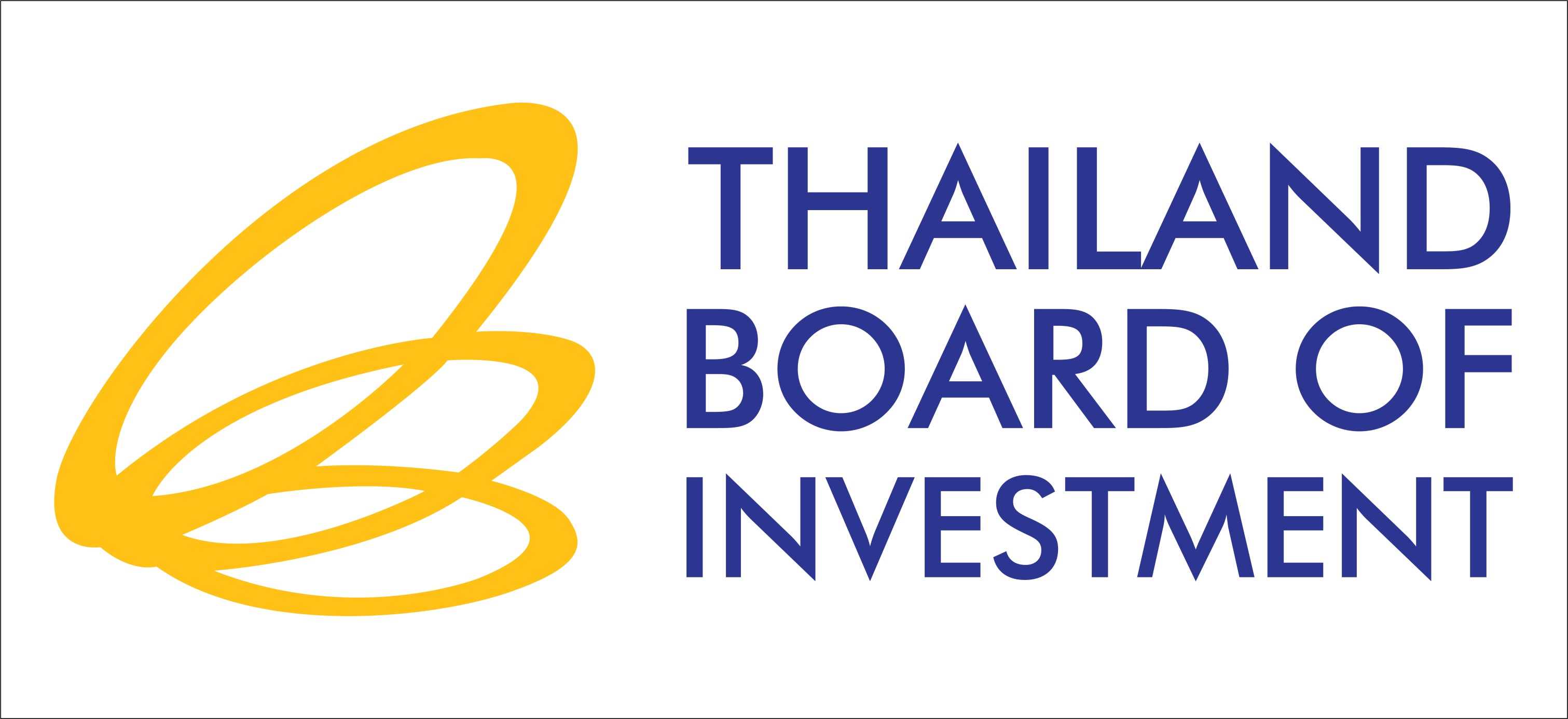SCB EIC downgraded Thailand’s 2023
SCB EIC downgraded Thailand’s 2023
Editorial Staff
SCB EIC downgraded Thailand’s 2023 growth forecast to 3.1% after lackluster outturns in Q2 and export contraction
SCB EIC revised down the Thai economic growth outlook in 2023 to 3.1% (from 3.9%) due mainly to much lower-than-expected outturn in Q2 and continued export contraction.
Still, there remains impetus from private consumption and tourism sector. Foreign tourist arrivals experience a buoyant recovery and will approach 30 million as projected this year, particular the Middle East visitors that could be Thailand’s new potential target. As a result, the service sector recorded a steady rebound and helped reduce fragility in the labor market.
In 2024, Thailand’s economy will accelerate to 3.5% with an upbeat recovery in foreign tourists around 37.7 million. Also, private investment is expected to grow in line with the better trend of investment greenlights from Thailand's Board of Investment (BOI). Also, Thai exports will regain momentum and provide thrust to overall growth in 2024.

Looking ahead, The Thai economy will face with some major uncertainties. (1) China’s economic slowdown will hamper Thai exports, particularly products that engage in China’s supply chain and heavily rely on the Chinese market. The downturn in China will also somehow deter inward Foreign Direct Investment (FDI) from China and possibly weaken the demand of Chinese buyers in Thailand’s property market in some segments.
This will potentially damage major crops such as off-season rice and sugar cane. Nonetheless, the farm income tends to remain unchanged in 2024 as higher crop prices should partly offset shrinking crop yields.
In addition, the new government policies also become a significant source of uncertainty. Massive stimulus plan, such as the digital wallet scheme, might help boost Thailand’s GDP growth to over 5% in 2024. Yet, the temporary growth must be traded off with longer-term fiscal burdens.
Instead of a huge stimulus scheme, there is an alternative to facilitate the country by seeking for new growth engines to enhance our economic potential amid remaining economic scars from the COVID-19 pandemic as well as challenging environments from global value chain reallocation and climate change.
Moreover, such a short-term yet massive government spending could deteriorate fiscal sustainability by accelerating Thailand’s public debt path to breach the public debt ceiling 70% of GDP around two years faster. This could also lessen room for fiscal space to cushion future uncertainties and to maintain overall fiscal stability.
14 September 2023
Viewed 235 time
 EN
EN 




